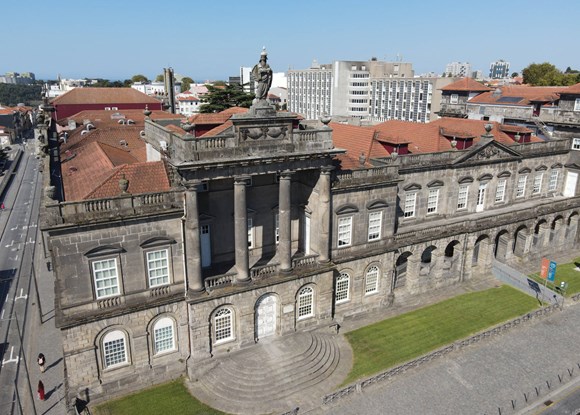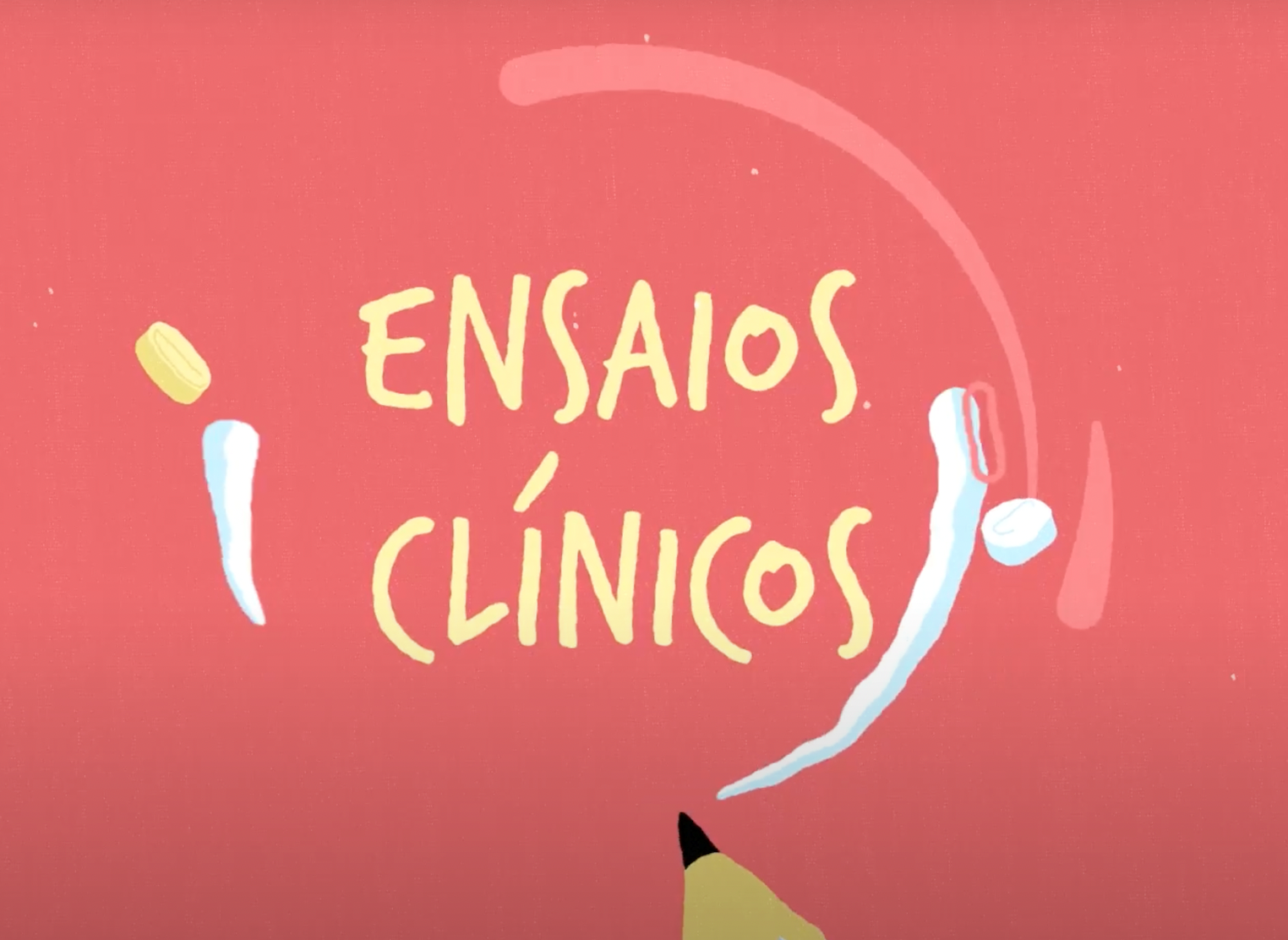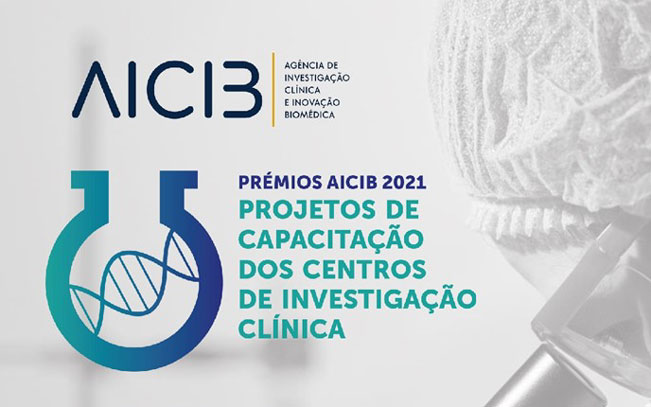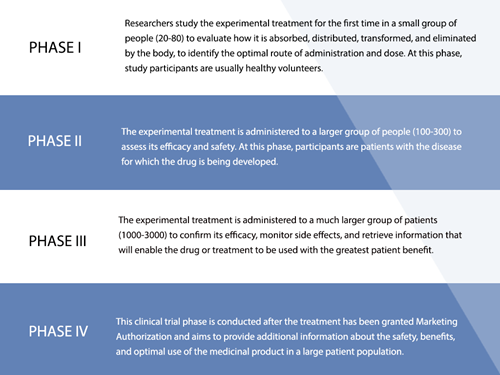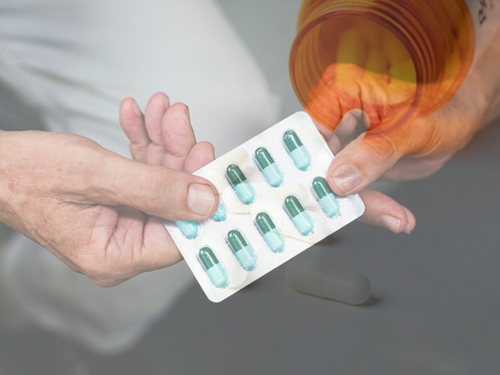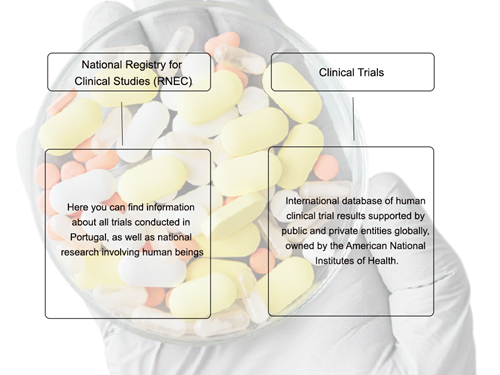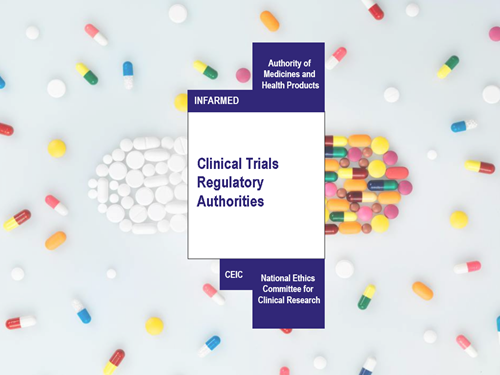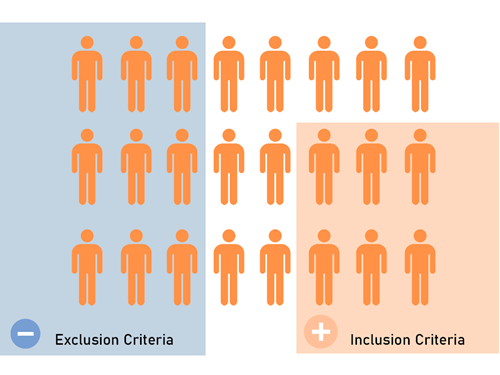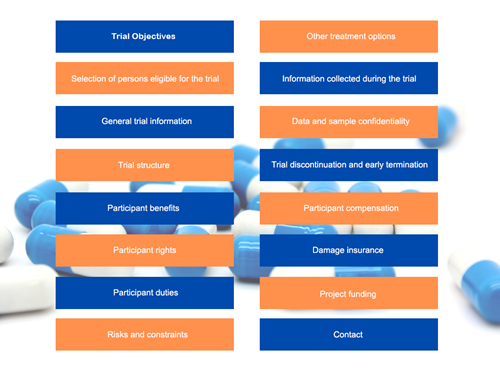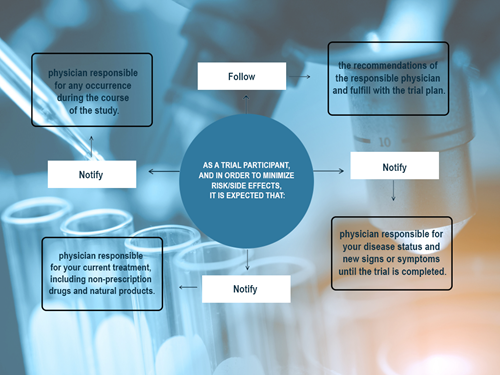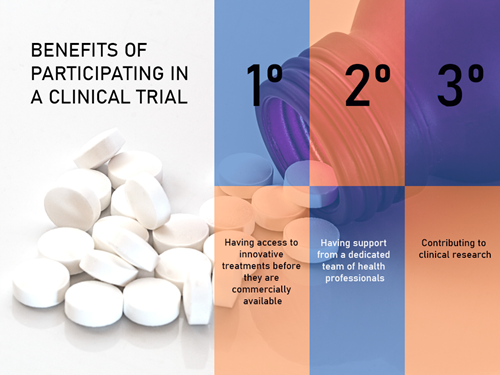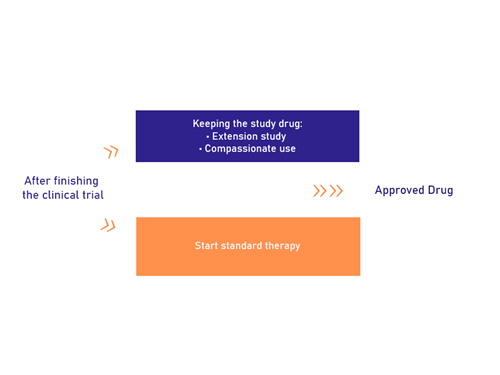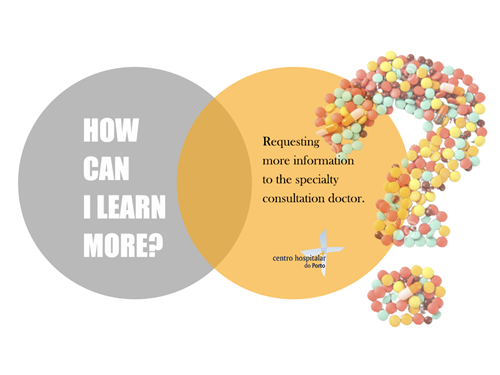Centro Hospitalar Universitário de Santo António (CHUdSA) is one of Portugal’s leading university hospitals, covering all fields of health, teaching, and research. The hospital center is structured as a campus, supported by Hospital de Santo António, devoted to multisystem and infectious disorders, Centro Materno-Infantil do Norte, dedicated to women and child health, Centro de Genética Médica, specialized in genetic disorders, and Hospital Magalhães Lemos, in the provision of psychiatric and mental health care. CHUdSA has an installed capacity for 848 beds, 46 Day Hospital beds, 35 surgical rooms, and 32 Intensive Care Unit beds. It is the affiliate hospital of the Master in Medicine of ICBAS, University of Porto, and offers internships in all medical specialties. The Department of Education, Training, and Research (DEFI) of CHUdSA supports clinical researchers working in partnership with the academia, funding agencies, and industry. DEFI manages 130 clinical trials of pharmaceutical products and medical devices and observational studies per year, providing coordination, funding, and budget, with the aim of offering patients the opportunity to participate in high-quality clinical research, with emphasis on interventional studies. CHUdSA is a partner of the Portuguese Clinical Research Infrastructure Network (PtCRIN), connected to its European counterpart ECRIN. The hospital centre’s level of specialization, high competency in clinical care, and research capacity, resulted in the implementation of sixteen national reference centres and in the inclusion of CHUdSA in eleven European networks of rare diseases.


